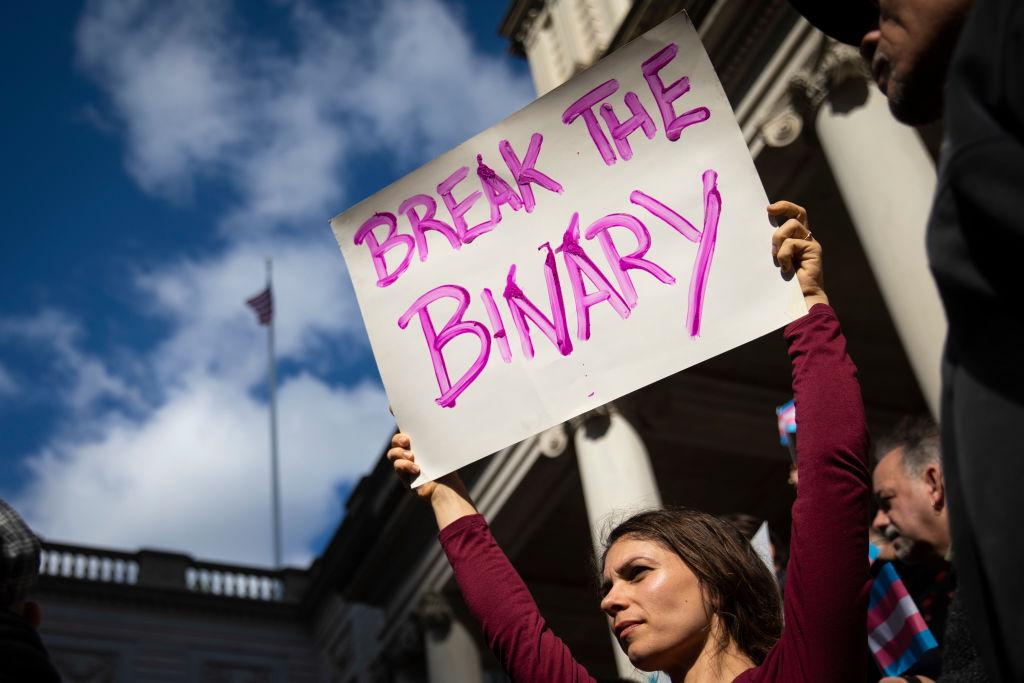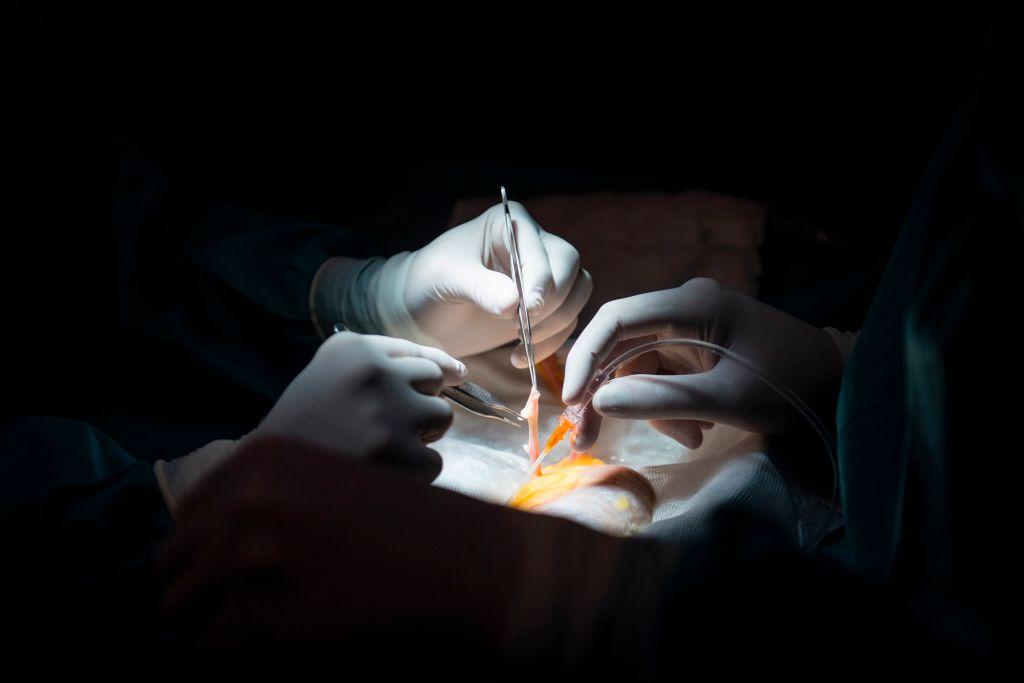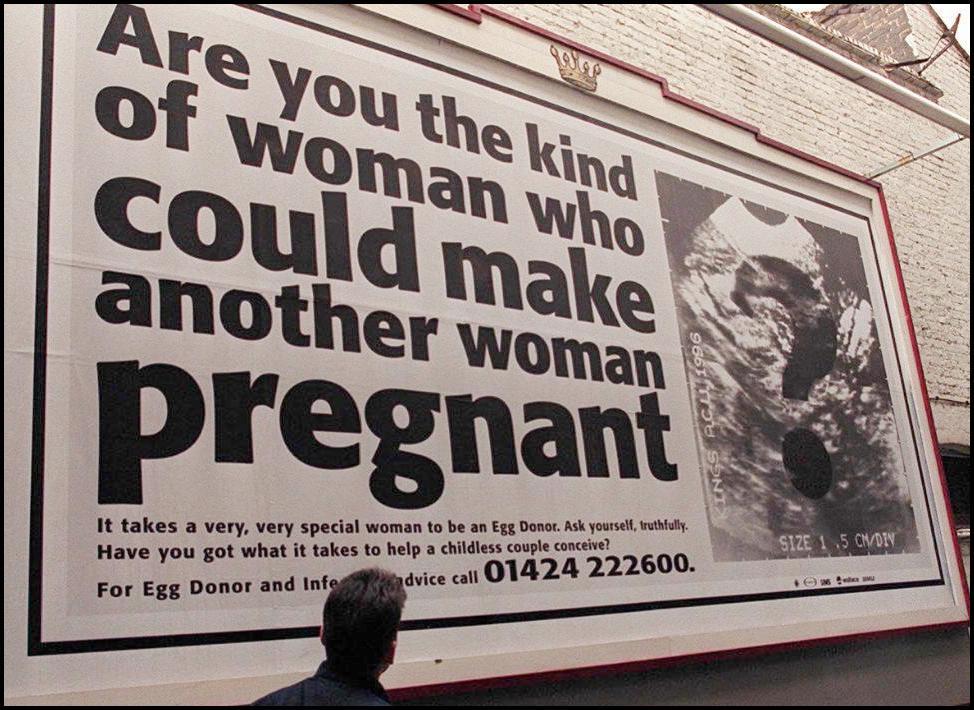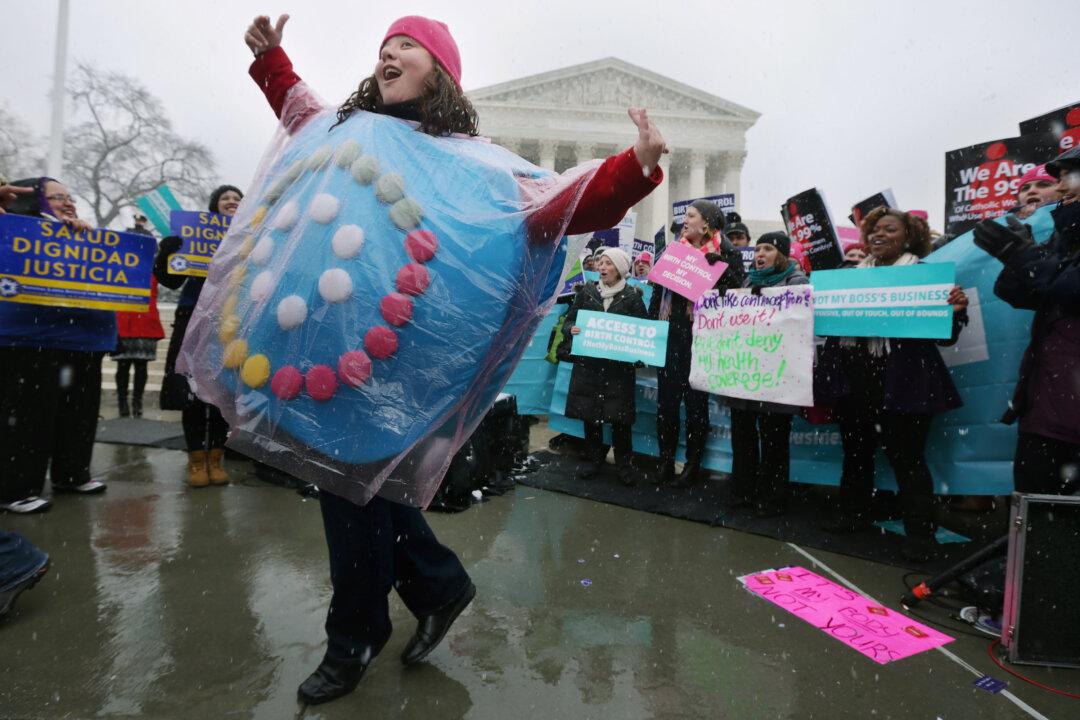Commentary
I recently read an article that called to mind a Daryl Hannah quote from the movie, “Steel Magnolias.” Hannah plays Annelle, a young woman who has prepared a dish for the funeral of Shelby, played by Julia Roberts, saying, “It’s in the ‘Freezes Beautifully’ section of my cookbook, and I want to make something that freezes beautifully.”





